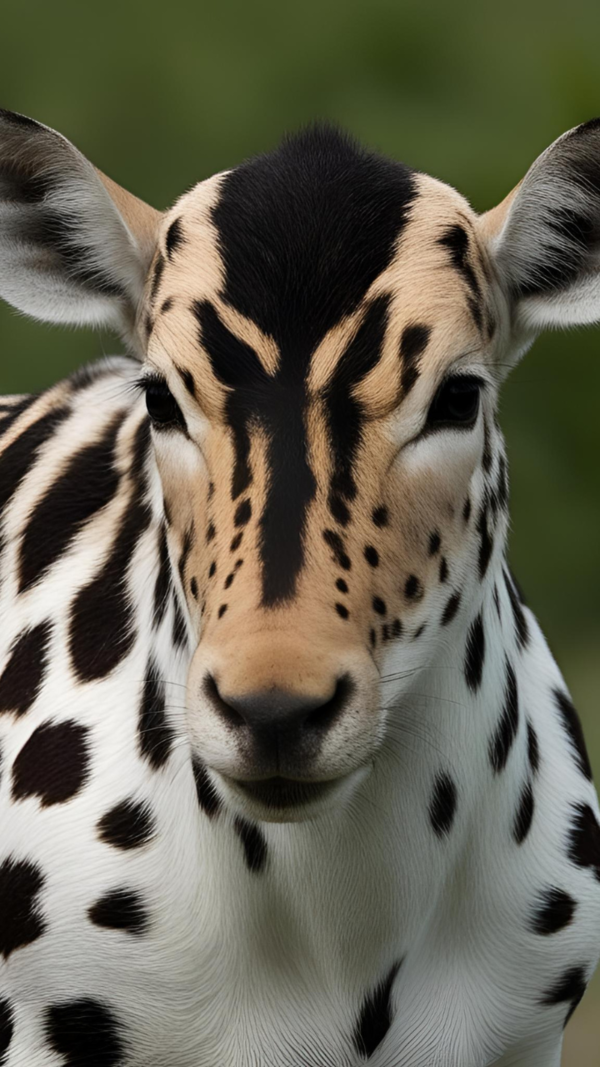- News
- Rs 10L compensation for victims, govt revises norms
Rs 10L compensation for victims, govt revises norms
Thiruvananthapuram: The state govt has announced a comprehensive revision of the compensation framework for victims of human-wildlife conflict. The new guidelines are applicable retroactively from March 7, 2024, and mark a significant expansion of support to affected individuals and communities.The policy shift, which followed a cabinet decision to classify such incidents as a “state-specific disaster”, enables financial aid to be disbursed from both the State Disaster Response Fund (SDRF) and the forest and wildlife department. In cases of death caused by attacks from wild animals such as elephants, tigers, leopards or wild boars, the victim’s family will receive a compensation of Rs 10 lakh -- Rs 6 lakh from forest and wildlife department and Rs 4 lakh from SDRF.For deaths resulting from attacks by snakes, bees or wasps, the compensation will remain at Rs 4 lakh. The compensation structure will also apply to those losing lives in officially verified rescue or precautionary activities in connection with wildlife conflict.Victims who suffer disabilities are also entitled to compensation based on their severity. Those with 40-60% disability, such as the loss of a limb or an eye, are eligible for Rs 2 lakh, including Rs 74,000 from SDRF and Rs 1,26,000 from forest department. For disabilities exceeding 60%, the compensation is Rs 2,50,000, fully covered by govt funds.The guidelines also address damage to residential property. If a house is destroyed in wildlife-related incidents, the victim is entitled to compensation as per the existing govt rules. Partially damaged houses are also eligible for compensation as per the existing norms. Related structural damages — such as wells, boundary walls or outhouses — also qualify for aid. Damage to huts will attract a compensation of Rs 8,000, while loss of sheds or cattle shelters is compensated up to Rs 3,000 per unit.Those whose sources of livelihood are critically impacted — such as farmers who suffer crop destruction or those whose means of income are interrupted — are eligible for daily wage compensation. This is calculated either on the basis of the prevailing MNREGS wage rate or the average daily wage rate in the state, whichever is higher.Compensation is also available for loss or injury to livestock, including milch cattle, goats, poultry and other domesticated animals. For instance, compensation for a cow will be Rs 37,500, while poultry farmers would receive Rs 100 per bird, with limits placed on the number of animals compensated per household.All claims will be verified and recommended by the forest officer, revenue officials or veterinary officers concerned, and will be processed through direct benefit transfer (DBT) or cash disbursal in special circumstances. The revised policy is aimed at ensuring swift, transparent and equitable relief to victims of wildlife conflict, recognising the growing frequency and scale of such incidents.
End of Article
Follow Us On Social Media









